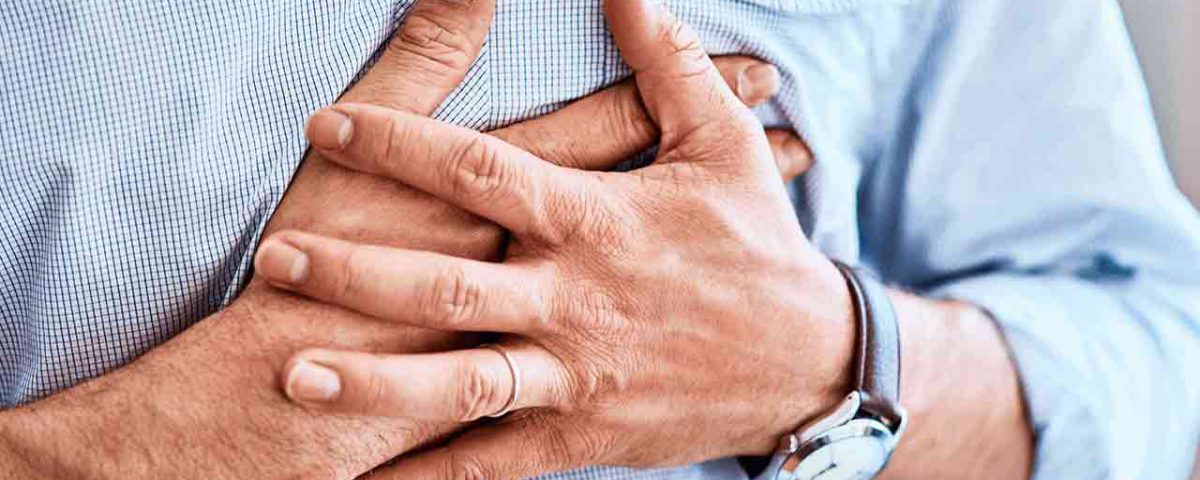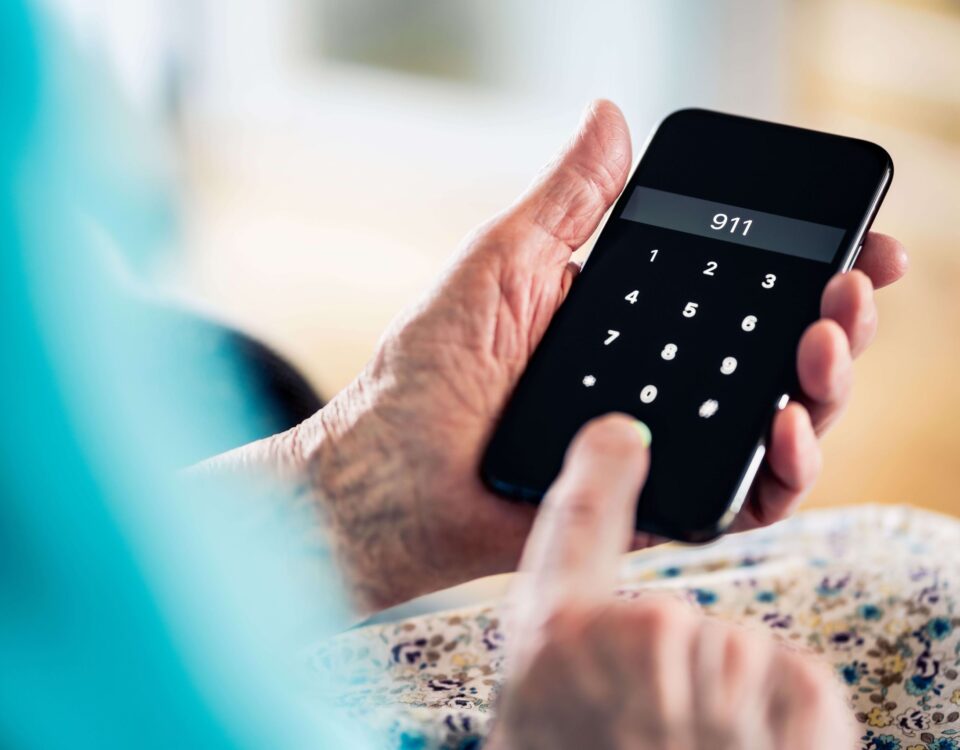- Have any questions?
- 412-123-4567
- noreply@upmc.com
Know the Signs and Symptoms of Cardiac Arrest

When someone experiences cardiac arrest, every second matters. A cardiac arrest occurs when the heart suddenly stops beating, often after an irregular heartbeat, called arrhythmia. Without a heartbeat, blood can't circulate to your brain and other organs, leading to death within minutes.
Cardiac arrest is different from a heart attack. A heart attack occurs when the heart does not get enough blood because of a blockage, which cuts off oxygen to the heart. But the heart tries to continue beating during a heart attack.
With cardiac arrest, the heart suddenly stops beating altogether, often because of an electrical glitch in the person's circulatory system.
Cardiac arrest can happen to anyone, and usually occurs unexpectedly. Without intervention within the first few minutes, cardiac arrest is often fatal. If you witness someone who is experiencing cardiac arrest, call 911 immediately. Aside from calling 911, there are many ways you can potentially save a life, including, recognizing the signs and symptoms, performing chest compressions, and knowing where to find an automated external defibrillator (AED). All these actions can help increase the chances of the individual's survival.
Know the Signs and Symptoms: What Does a Cardiac Arrest Look Like?
The most common signs of a cardiac arrest are:
- Being unresponsive
- No pulse or heartbeat
- Not breathing or gasping for breath
Warning Signs Before a Cardiac Arrest
A cardiac arrest is sudden, but sometimes individuals may show symptoms before their heart stops:
- Chest pain
- Difficulty breathing or shortness of breath
- Nausea (feeling sick to the stomach)
- Vomiting
- Dizziness or lightheadedness
- Seizures
- Profound sweating without explanation
How You Can Help Save a Life
Most cardiac arrests outside the hospital happen at home, but three out of 10 happen in public. In the event you may witness a cardiac arrest, minutes matter, so do not hesitate to call 911 and if you are able to, offer help. Only a small percentage of people who experience cardiac arrest outside of a hospital survive, so it is important that bystanders act quickly.
If you see someone who may be experiencing cardiac arrest, take these steps:
1. Check for signs of life
- Tap the person's shoulder, shake them, and yell, “Are you OK?" If there is no sign of life, call 911.
2. Call 911
- If others are around, point to someone and tell them to call 911. If you are by yourself with a mobile phone, call 911 on speakerphone while you begin hands-only CPR (chest compressions only, no rescue breaths).
3. Begin hands-only CPR
- Anyone can perform hands-only CPR, or chest compressions. Lock your arms and push hard and fast in the center of the chest to help achieve a rate of 100 to 120 beats per minute. Many people push to the beat of the Bee Gees' classic disco song “Stayin' Alive" as recommended by the American Heart Association. You do not need to provide respirations to provide appropriate CPR before healthcare professionals arrive.
4. Find an AED if possible
- If anyone is nearby, tell them to look for an AED while you are performing chest compressions. AEDs are medical devices that analyze the heart's rhythm and, if needed, deliver an electric shock – called defibrillation – to help reestablish an effective heartbeat. AEDs can be found throughout many public spaces, typically in a wall-mounted metal cabinet marked “AED."
5. If an AED is available, ask someone to turn it on and follow the prompts.
- Most AEDs are designed for anyone to use without training and include step by step instructions. If you're alone and it will take more than a few seconds to get an AED or begin using it, continue with chest compressions.
6. Keep performing hands-only CPR until help arrives
- Performing chest compressions is physically exhausting. If others are nearby, ask another bystander to help and take turns every two to three minutes. The most important thing is to keep the compressions going and not stop until help arrives.
7. Stay with the individual
- Make sure you stay with the individual until help arrives and emergency responders take over. However, keep in mind they may have questions for you, such as how long ago the individual collapsed.
In the event of a cardiac arrest, remember, minutes matter. By doing something instead of nothing can help increase the individual's chances of survival. Whether it's by calling 911, finding and AED, or performing hands-only CPR, you have the power to potentially save a life.



